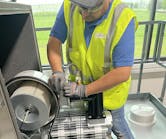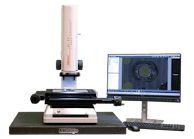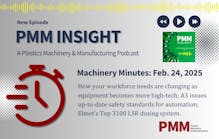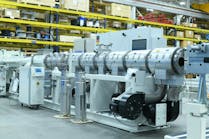In February's print and online coverage, Plastics Machinery & Manufacturing has been exploring the role of plastics in the automotive industry's future and the supply-chain crisis that is complicating the present. Did you miss any of these stories?
The growth in electric vehicles has fueled the market for Entek’s battery separators.
Consultants urge predictability and simplicity in managing supply chain challenges.
Manufacturing
ABB appoints chief sales officer for B&R
Feb. 26, 2025
Extrusion
KraussMaffei now building extruders in U.S.
Feb. 21, 2025






